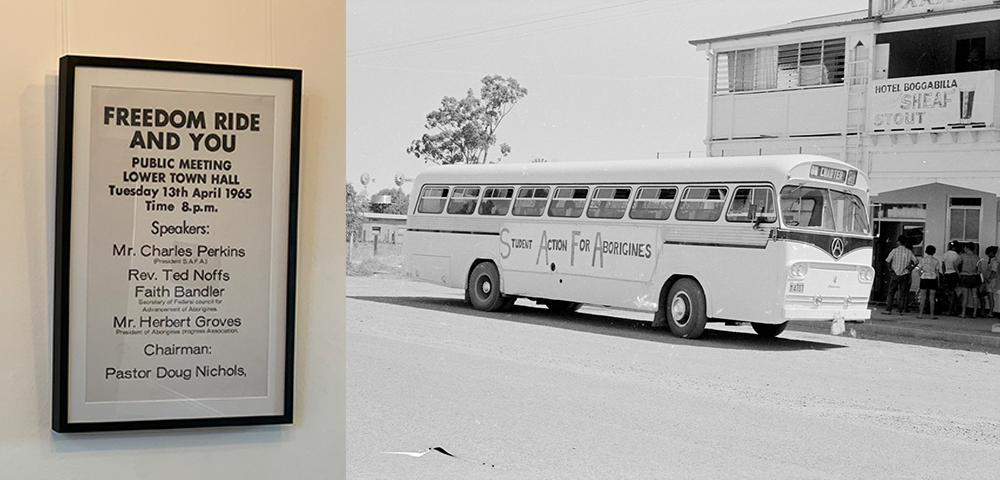

by SYDNEY BALDWIN
In a first for New South Wales, maggots are set to consume the food scraps of Sydney residents as local councils look for a solution to eliminate food waste.
The trial with circular economy solutions company Goterra will take place later this year over a 12-month period in which 600 tonnes of food waste are expected to be turned into sustainable feed and fertiliser.
Food scraps make up around one-third of the waste in general waste bins, emitting potent greenhouse gases as they decompose. The trial will use Black soldier flies, which, unlike other insects, don’t carry diseases, and its larvae breaks down bacteria in the organic material consumed.
“This is the next step in our war against waste. Using maggots is an innovative and sustainable solution for this growing problem,” Lord Mayor of Sydney, Clover Moore AO said.
“This is a brilliant circular economy result as we regenerate what was once considered waste into sustainable commodities: insect protein for animal feed and a natural low-impact fertiliser, both essential for food production.”
Goterra’s founder, Olympia Yarger, 2023 ACTA Australian of the year and farmer by trade, had decided to start trying to grow her own feedstock in a shed or garage.
Justin Frank, Head of Strategy and Communications at Goterra, spoke to City Hub about her process.
“She started off with mealworms but then soon realized that the black soldier fly larvae was the best weapon for consuming food waste,” he explained.
“And they’re voracious eaters. So within our unit, they can eat between 1.2 and 1.7 tonnes of food waste a day.”

For the trial process, food scraps will be collected from Sydney residents and fed to the larvae, which are housed in shipping container-sized units where they eat and churn through the food waste.
“And within that unit, there is high density racking, and robotics and hydraulics that house hundreds of trays, so they are kind of plastic totes that the baby neonates are housed in,” said Frank.
“The robots move the trays around in a sequence to a feeding spot and the maggots get busy eating the food waste. They then excrete it.
“And at the end of the cycle, you have fat duty maggots, because they double their body weight every day. So they grow really, really quickly and create a very sustainable insect protein.
“You also have a bio protocol for us, which is maggot manure, a highly sustainable, nutrient rich fertiliser, but it’s got no chemicals in it and is a natural pesticide, so it really is a circular economy.”
The City of Sydney has a food scraps recycling trial that began in July 2019, with more than 21,000 households taking part, and they are seeking to extend it to all residents.
Now, partnering with Goterra for this new coming trial, further expansion of food waste management and transformation is on the horizon.
“Seeing how the trial outcomes go, which should be fine, because our maggots love eating food waste, it’s then a case of coming up with an agreement for the expansion,” Frank said.









![ACON’s a[TEST] Sexual Health Clinic Re-Opening In Time For Mardi Gras](https://cityhub.com.au/wp-content/uploads/2025/02/ACON-Sexual-Health-Clinic-Re-Opening-Featured.jpg)